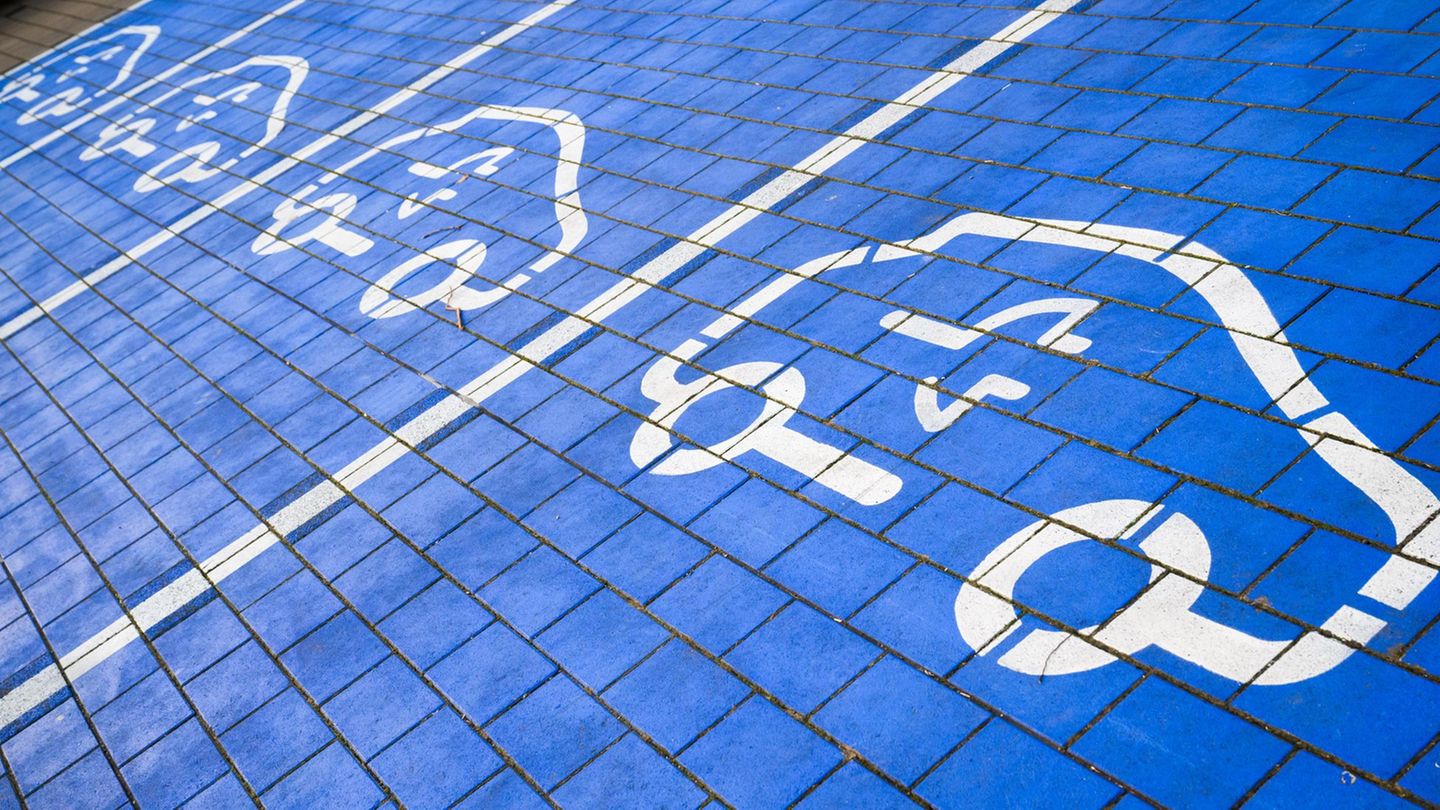Electroskepticism
HUK survey: The pace of switching to electric cars has been halved
Copy the current link
Electric cars have an acceptance problem. According to a new survey, this could be because the majority of the driving population has not yet sat behind the wheel of an electric vehicle.
According to an analysis by HUK Coburg, the pace of switching to electric cars in Germany has halved since the federal government’s purchase bonus was stopped. In the fourth quarter of last year, the number of purely electric cars only increased by 0.1 percent compared to the previous quarter, the lowest value since the end of 2020. A year ago, electric car growth was 0.2 percent located.
Only about four out of a hundred choose an electric car
According to figures from the Federal Motor Transport Authority, almost 1.6 million fully electric cars were registered in Germany in October 2024. The outgoing traffic light coalition actually wanted to put 15 million fully electric cars on the roads by 2030, but stopped the so-called environmental bonus for electric cars in December 2023 because of its budgetary difficulties.
The basis for the new edition of HUK’s annual “E-Barometer” is the company’s own database, which is the market leader in the sector in Germany with almost 13 million insured vehicles.
Accordingly, in the final quarter of last year, only just under four out of a hundred car owners chose a purely electric car when purchasing another vehicle – whether new or used – the rate was 3.9 percent. At the beginning of 2023 it was almost seven percent. The figures refer to purely electric cars in private ownership; cars registered by companies and car rental companies are not included.
The record holder for switching to electric cars was not a large city, but the very wealthy district of Starnberg, just outside Munich, with a rate of 8 percent last year. Some other districts also had above-average shares of electric cars. According to HUK, this could be because there are more single-family homes with private charging stations in rural areas than in large cities. But the development in the 20 largest German cities is also not uniform: the highest transfer rate in 2024 was in Frankfurt at 4 percent, the lowest in Dresden at 2.3 percent.
A large proportion of the population has not yet driven an electric car
Apart from that, according to the accompanying survey, electric cars continue to divide opinion: 45 percent rated electric cars “good” or “very good”, 47 percent rated them “less” or even “not good at all”. The personal attitude is therefore very much influenced by one’s own experience: people who have neither owned an electric car nor ever driven one gave a significantly worse assessment on average than those with electric car experience – and the group that has so far who have not come into contact with electric cars represented the vast majority at 68 percent.
“Acceptance depends on personal experience”
Of the 30 percent who have ever driven an electric car or own one, the majority gave a positive assessment; among owners it was as high as 82 percent. The survey institute Yougov surveyed a good 4,100 participants aged 16 and over in November. “The key to the acceptance and spread of electric cars in Germany obviously depends on personal experience,” commented HUK board member Jörg Rheinländer.
dpa
Source: Stern




